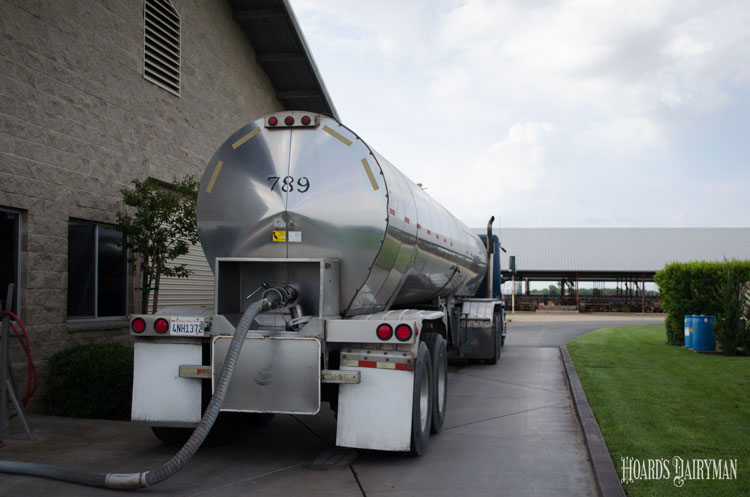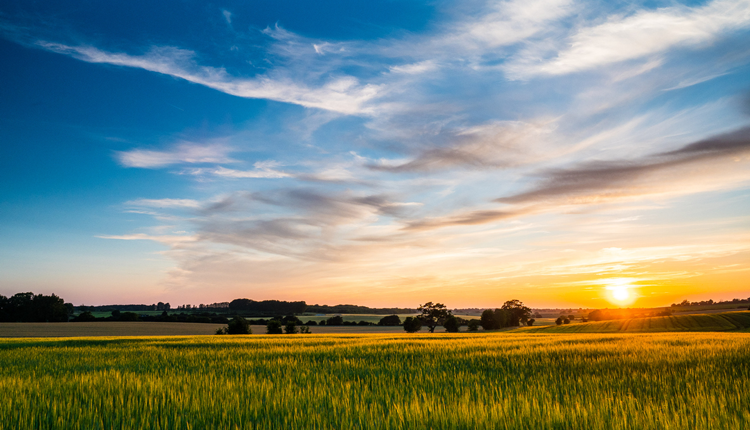
Before this piece starts the arguments for and against the above stated question, I want to simply open this as a conversation. I certainly don’t have the answers and honestly I don’t know if anyone does. As the news of Grassland dropping around 75 producers, predominately in Wisconsin, arrived in Oregon earlier this month, it definitely had my mind swimming a bit.
As members of a co-op ourselves, I know just how important the producer-processor relationship is. The beauty of being in a co-op is that we as dairy farmers can focus on the farm side. The milk truck comes to pick up our product and what happens off farm is a beautifully choreographed dance with a perishable product. But what happens when your partner no longer wants to dance? I can’t imagine the shock of the letter that Grassland producers received with 30 days to find new homes for their milk.
It makes us, as dairy farmers, feel very much at the mercy of the processors. And the dairy industry from top to bottom is at the mercy of a market that has always been volatile. The roller coaster ride of the market from rock bottom to sky-high has always been the scariest part of the dairy industry to me. And one I honestly don’t understand enough about, but I can at least pinpoint the market with all its branches as the underlying problem.
So where do we start the conversation in a direction for more control over the market? Is it supply management?
I feel like this is a good question that comes to mind first as a system to the north in Canada is already in place. There are definitely strong voices both for and against supply management, but are there even little pieces that could help balance our flooded market?
Is it dairy consumption? There’s no denying that Americans are simply consuming less dairy products, especially drinking less fluid milk. There is so much nutritional value to milk, how do we turn that around? Is it foreign markets? It certainly always feels like there’s a hope of some place in the world in need of dairy products. Are we missing out on any of those markets?
In a perfect dairy world, I think it is every producer’s greatest wish to milk our desired herd sizes of beautiful bovines and receive fair compensation in return for the product we produce. How do we even start the conversation to a solution that could potentially protect all our farms one day?
The author is a third-generation dairy farmer from Oregon where she farms in partnership with her husband and parents. As a mother of two young boys who round out the family run operation as micro managers, Darleen blogs about the three generations of her family working together at Guernsey Dairy Mama. Abiqua Acres Mann's Guernsey Dairy is currently home to 90 registered Guernseys and is in the process of transitioning to a robotic milking system.








